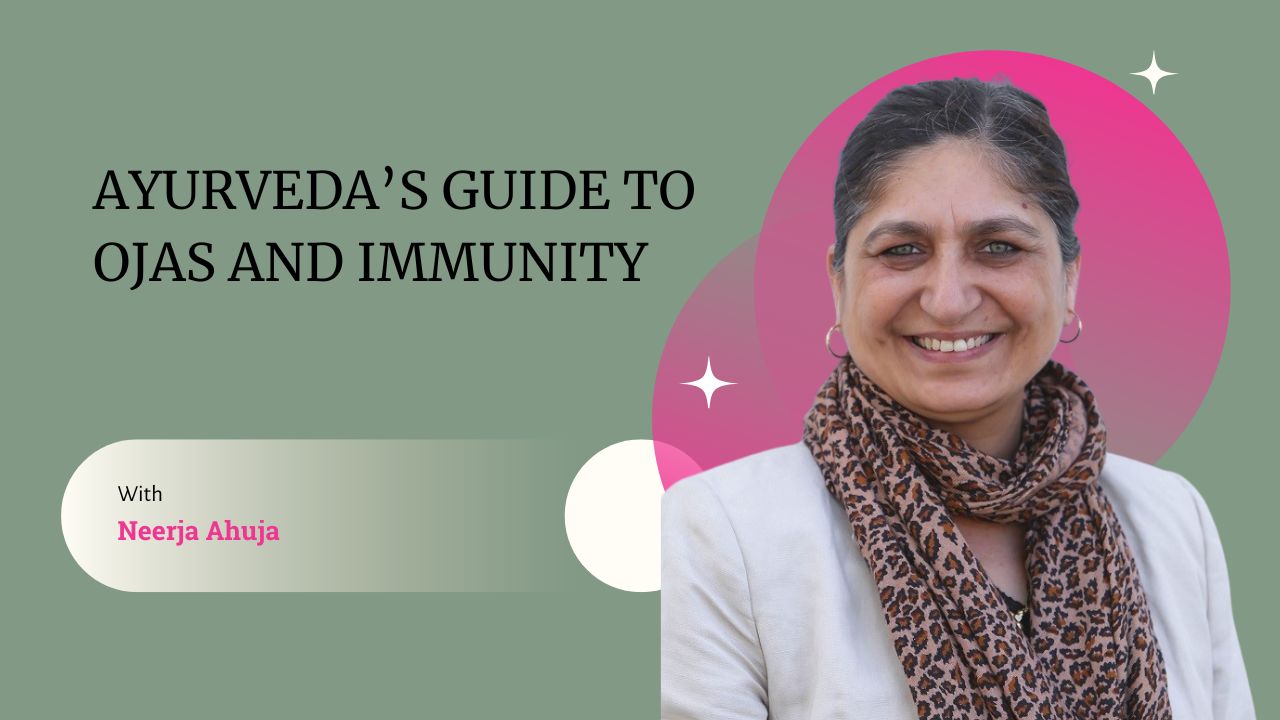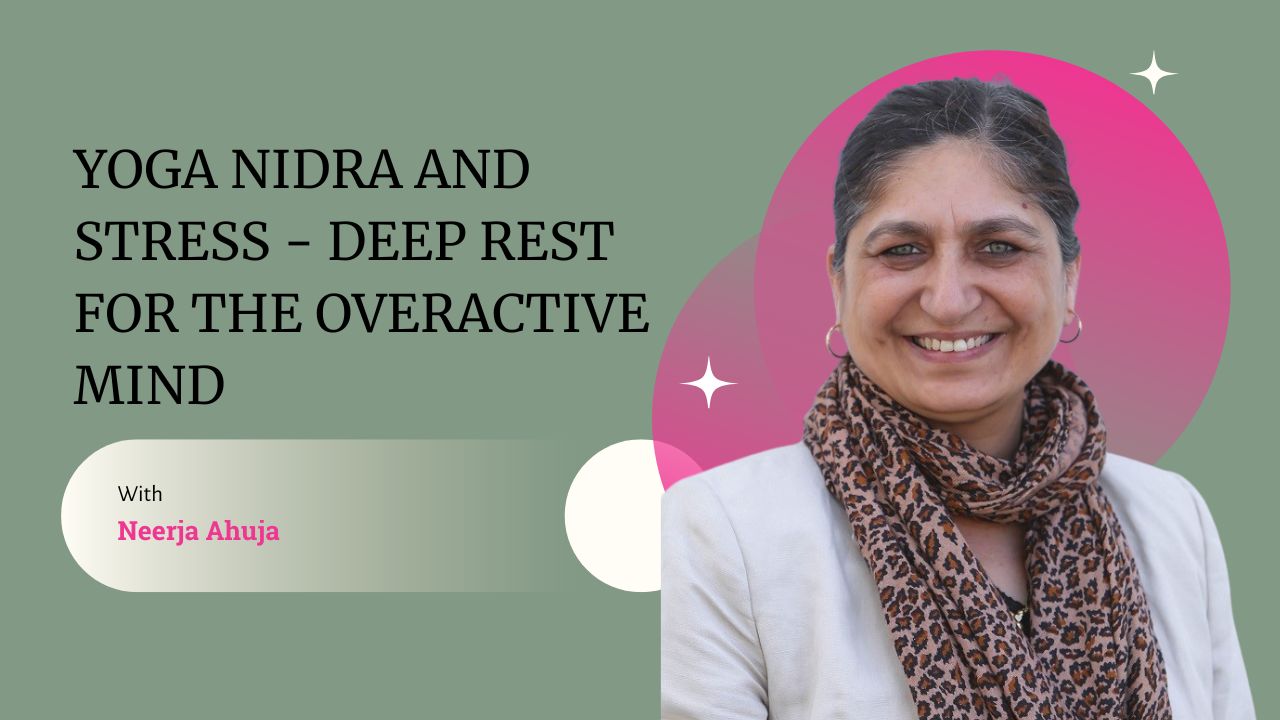WHO [the World Health Organisation] recognises Ayurveda as an ancient and holistic system of health care with texts said to be about 6000 years old. It is said to be in existence in oral form for about 40,000 years.
Ayurveda is one of the traditional systems of medicine that practices holistic principles primarily focused on personalized health. Ayurveda is also a person-centered medicine (PCM), which deals with a healthy lifestyle, health promotion and sustenance, disease prevention, diagnosis and treatment.
There are many similarities between the traditional systems like Ayurveda and the innovative approach of predictive, preventive and personalized medicine (PPPM). The Horizon 2020 initiative of the European Union rightly considers PPPM as the hard core of its strategy.
The philosophy of Ayurveda teaches that disease/health results from the interconnectedness between the self, personality, and everything that occurs in the mental, emotional, and spiritual being. It works to heal the sick, to maintain health in the healthy, and to prevent disease in order to promote quality of life and long life. To be healthy, harmony must exist between the purpose for healing, thoughts, feelings and physical action.

According to Australian Institute of Health and Welfare, a fundamental aim of any health system is to prevent disease and reduce ill health, so that people remain as healthy as possible for as long as possible. The ongoing need for prevention has also been brought into sharp focus by the increase in chronic diseases, with the large associated health, social and economic burdens. Chronic disease is a global concern, with prevention of chronic diseases considered to be a key approach that will ensure that future generations are not at risk of premature death from these diseases.
In Australia and globally there is a need to treat preventive healthcare as a first-order economic challenge because failure to do so results in a long-term negative impact on workforce participation, productivity growth and the impact on the overall health budget.’
More than a mere system of treating illness, Ayurveda is a science of life (Ayur means life; Veda means science or knowledge). It offers a body of wisdom designed to help people stay vital while realizing their full human potential. Providing guidelines on ideal daily and seasonal routines, diet, behaviour and the proper use of our senses, Ayurveda reminds us that health is the balanced and dynamic integration between our environment, body, mind, and Spirit.
Most disease issues are completely reversible in their early stage but at that time, they are in the quadrant of important but not urgent. As such, people require education and encouragement in recognising ‘change’ in their well-being and to work on addressing the issue then, rather than later when it has manifested to become urgent and important, many times to the point of life threatening – and too late for reversal.
In today’s fast pace of modern life, we take up unhealthy living practices of diet and lifestyle due to various reasons including intensive marketing of certain lifestyle and diet as proposed by commercial interests, convenience and lack of understanding of healthy living principles.
Also, as we experience life, we go to the place within where we are unhappy or discontented that we may not know how to manage. The stress can arise from many sources e.g. work, home, relationships at these places, finances, global situation etc. This can be source of “not feeling OK” and “discontentment” and may continue and give shape to poor mental/ emotional health and a feeling of disconnection with “Self”.
Where does Ayurveda fit in:
According to Ayurveda, we exist at the soul, mind, senses and the body level. No other medical system talks so clearly about mind-body connection and provides healing techniques as Ayurveda does.
While accepting modern tools and technologies, it is equally important to respect ancient science and value of knowledge system like Ayurveda.



